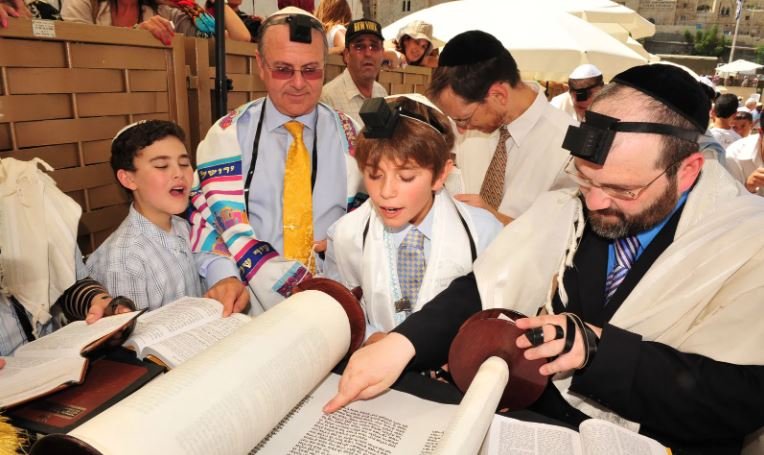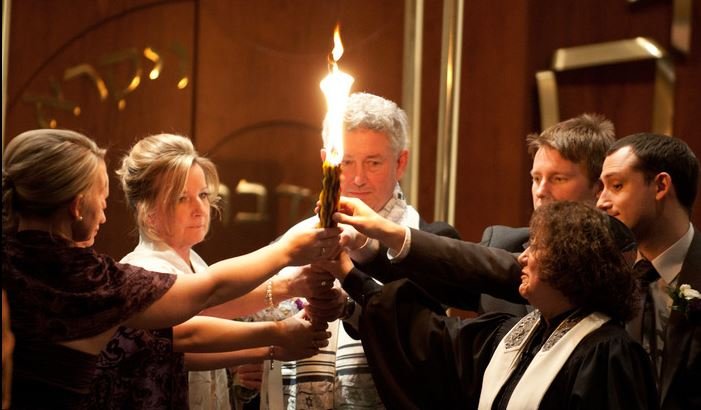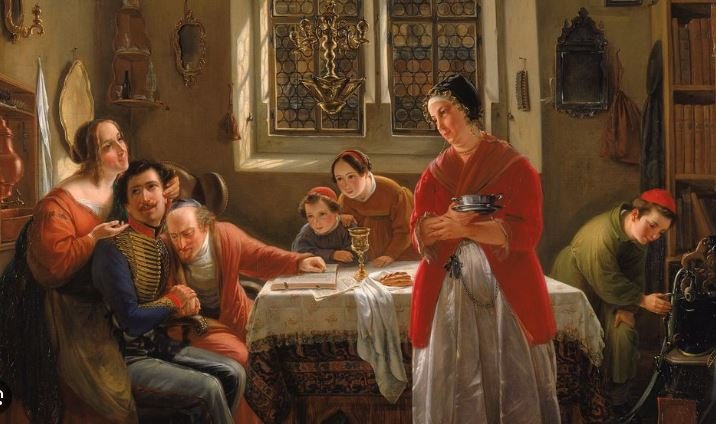The significance of Jewish rituals play a significant role in connecting individuals with their heritage and tradition. Observing rituals such as lighting the Shabbat candles or reciting the Shema creates a direct link to generations of ancestors. This connection fosters a sense of continuity and belonging, reinforcing identity and providing a deeper understanding of one’s cultural roots.

Creating a Sacred Time and Space
Jewish rituals sanctify time and space, transforming ordinary moments into sacred experiences. The observance of Shabbat, for instance, sets apart one day each week for rest and spiritual reflection. Similarly, rituals like the Passover Seder elevate the dining table to a space of historical and spiritual significance. These practices remind individuals of the divine presence in their lives and encourage mindfulness and gratitude.
Strengthening Family Bonds
Rituals often involve family participation, strengthening bonds and creating shared experiences. Family gatherings during holidays, communal prayers, and the celebration of life-cycle events such as bar and bat mitzvahs foster unity and continuity within the family. These shared practices help instill values, traditions, and a sense of collective identity in younger generations.
Fostering Community Cohesion
In the broader community, Jewish rituals serve to foster cohesion and solidarity. Participating in communal prayers, attending synagogue services, and celebrating holidays together create a strong sense of community. These shared rituals promote mutual support, social interaction, and a collective commitment to preserving Jewish traditions and values.
Providing Structure and Routine
Jewish rituals provide structure and routine to daily life, offering a sense of order and stability. Daily prayers, dietary laws (kashrut), and Sabbath observance create a rhythm that punctuates the day and week. This structured approach helps individuals navigate life’s demands with a sense of purpose and direction.
Encouraging Spiritual Growth
Rituals are designed to encourage spiritual growth and reflection. Practices such as studying Torah, engaging in prayer, and performing acts of kindness (mitzvot) cultivate a deeper connection to God and a more profound spiritual awareness. These rituals provide opportunities for personal reflection, self-improvement, and ethical living.
Marking Life’s Milestones
Jewish rituals play a crucial role in marking life’s milestones, providing a framework for celebrating significant events. From birth (brit milah or baby naming) to coming of age (bar/bat mitzvah), marriage, and mourning (shiva), these rituals offer a sense of continuity and support. They help individuals navigate transitions with the comfort of community and tradition.
Promoting Ethical Behavior
The observance of Jewish rituals often promotes ethical behavior and social justice. Many rituals emphasize values such as charity (tzedakah), hospitality, and compassion. These practices encourage individuals to act morally and responsibly, contributing to the well-being of society.
Enhancing Cultural Identity
Rituals enhance cultural identity by reinforcing distinct cultural expressions and practices. Celebrations like Purim, Hanukkah, and Sukkot highlight unique historical and cultural narratives. These observances help maintain cultural diversity and enrich the broader community by sharing Jewish customs and traditions.
Offering Comfort in Times of Trouble
In times of trouble, Jewish rituals provide comfort and solace. Mourning rituals such as sitting shiva and reciting the Kaddish offer structured support to those grieving. These practices ensure that individuals are not alone in their sorrow, providing a sense of community and divine presence during difficult times.
Building a Moral Framework
Jewish rituals help build a moral framework that guides behavior and decision-making. By regularly engaging in practices that emphasize justice, kindness, and humility, individuals internalize these values. This moral framework influences daily actions and interactions, promoting a just and compassionate society.
Creating a Sense of Purpose
Engaging in Jewish rituals instills a sense of purpose and meaning. The intentionality behind each practice, whether it’s the meticulous preparation for Passover or the meditative lighting of the Hanukkah candles, infuses daily life with significance. This sense of purpose motivates individuals to lead lives aligned with their values and beliefs.
Conclusion
Jewish rituals hold profound significance in daily life and community, connecting individuals to their heritage, providing structure, and fostering spiritual growth. They strengthen family bonds, promote ethical behavior, and enhance cultural identity. Through these rituals, Jewish communities find comfort, purpose, and a sense of belonging, ensuring the preservation and continuity of their rich traditions.




